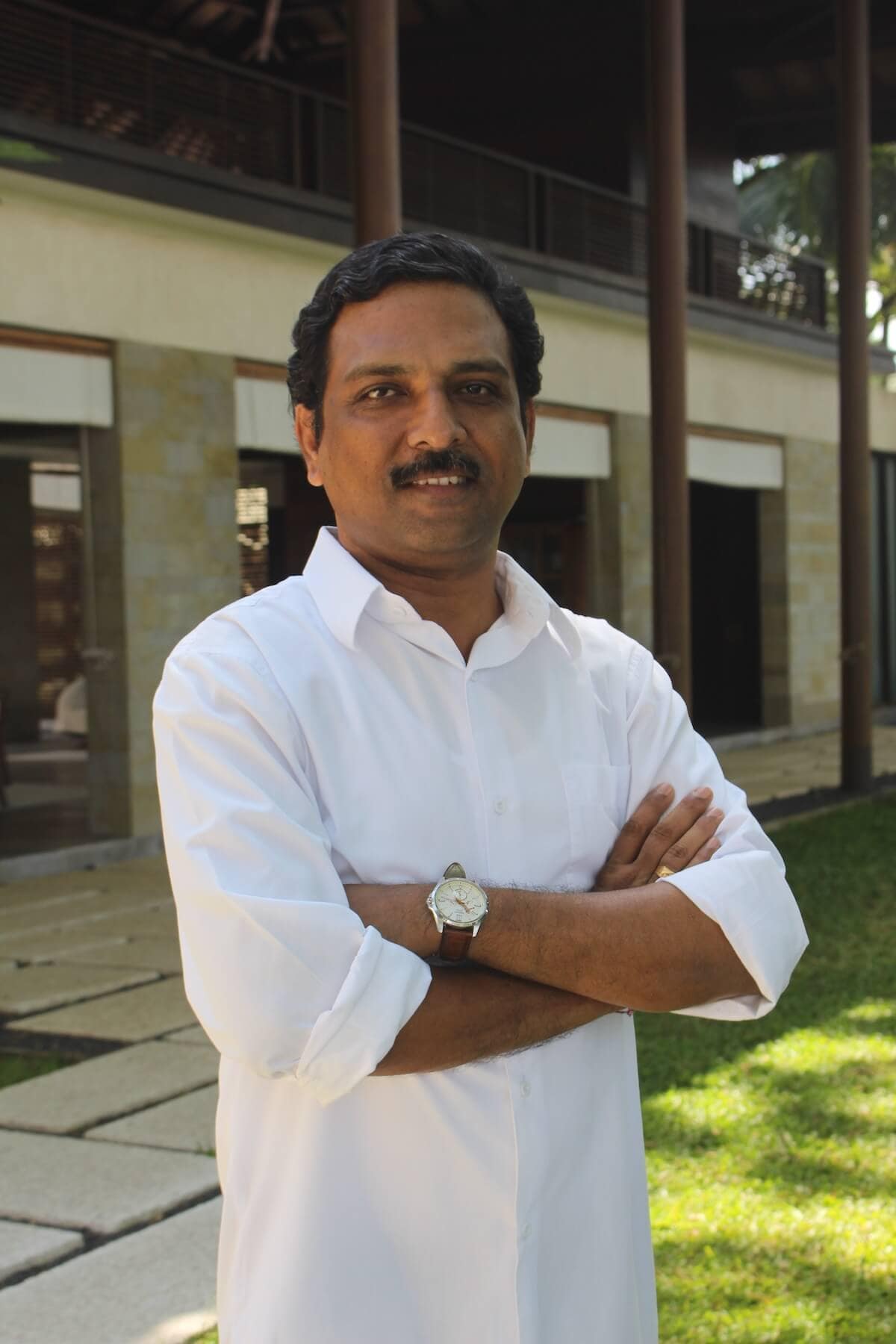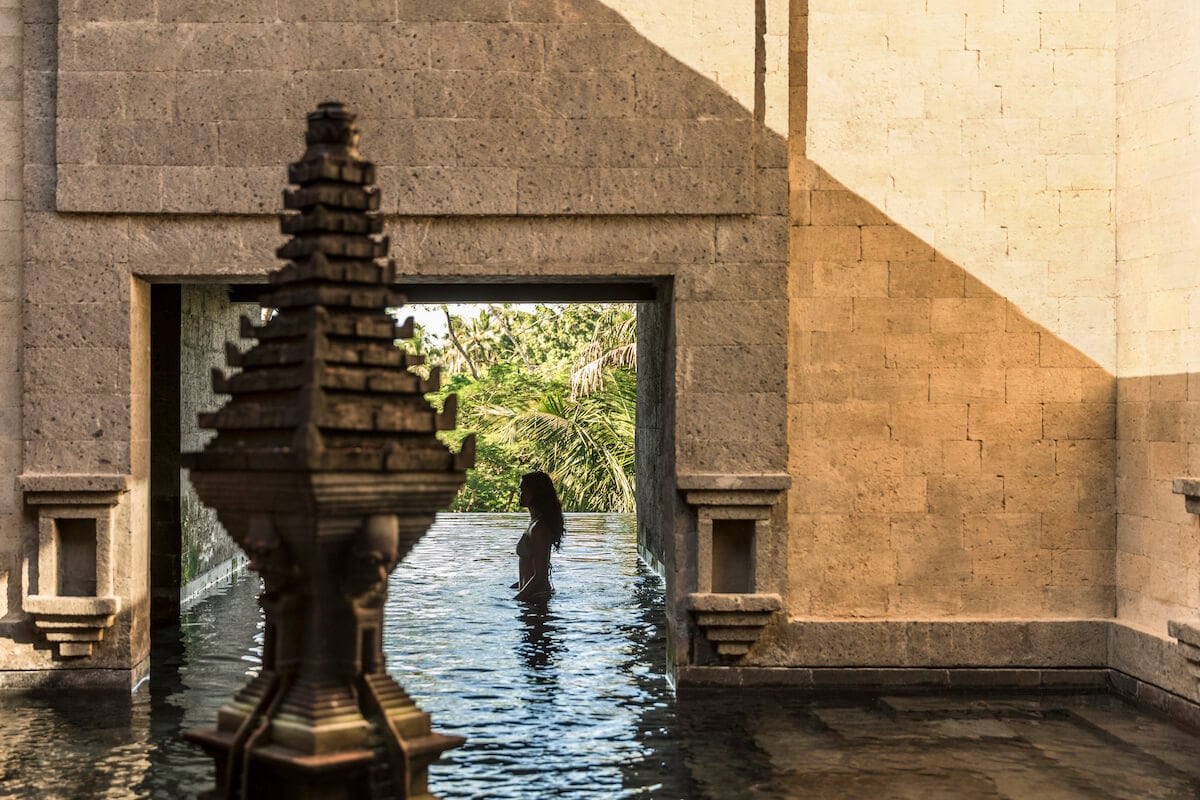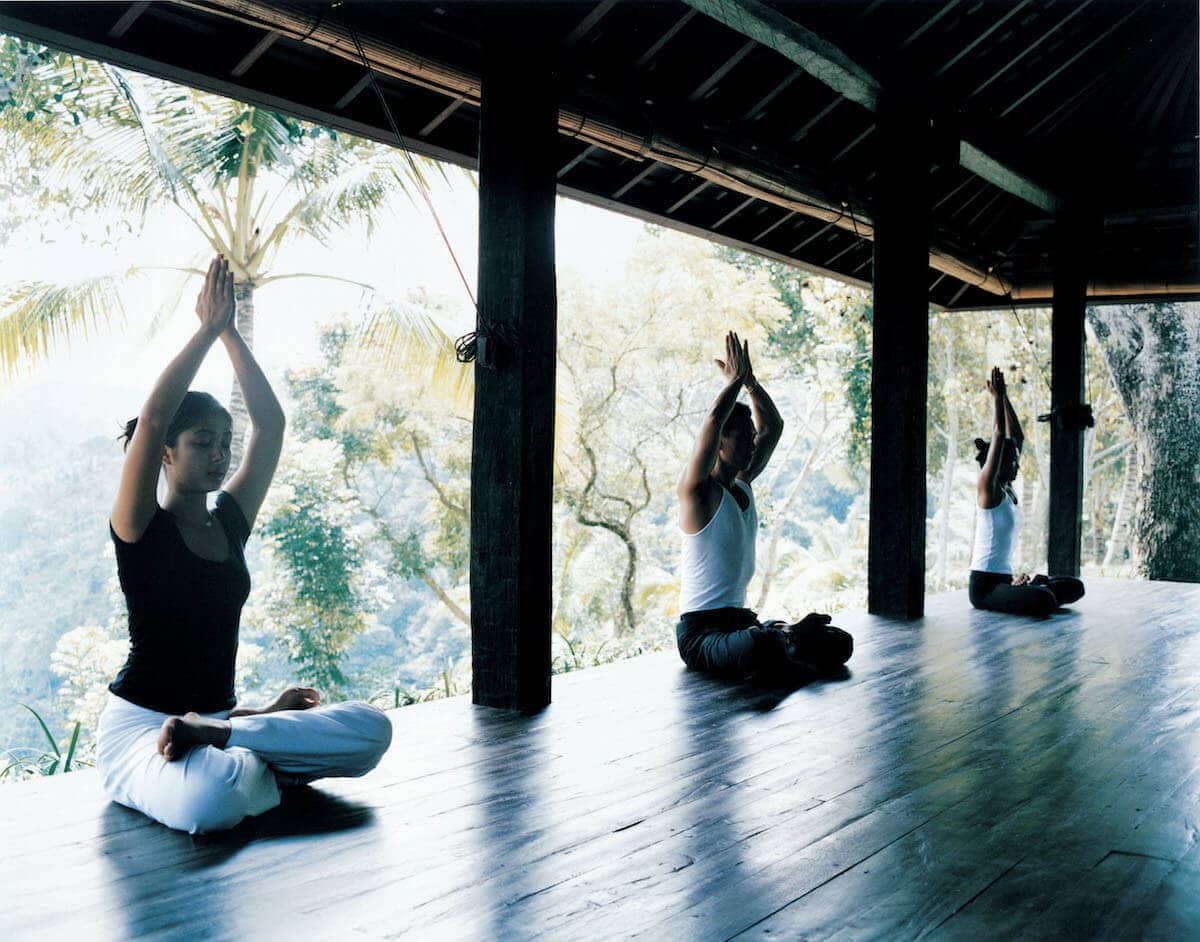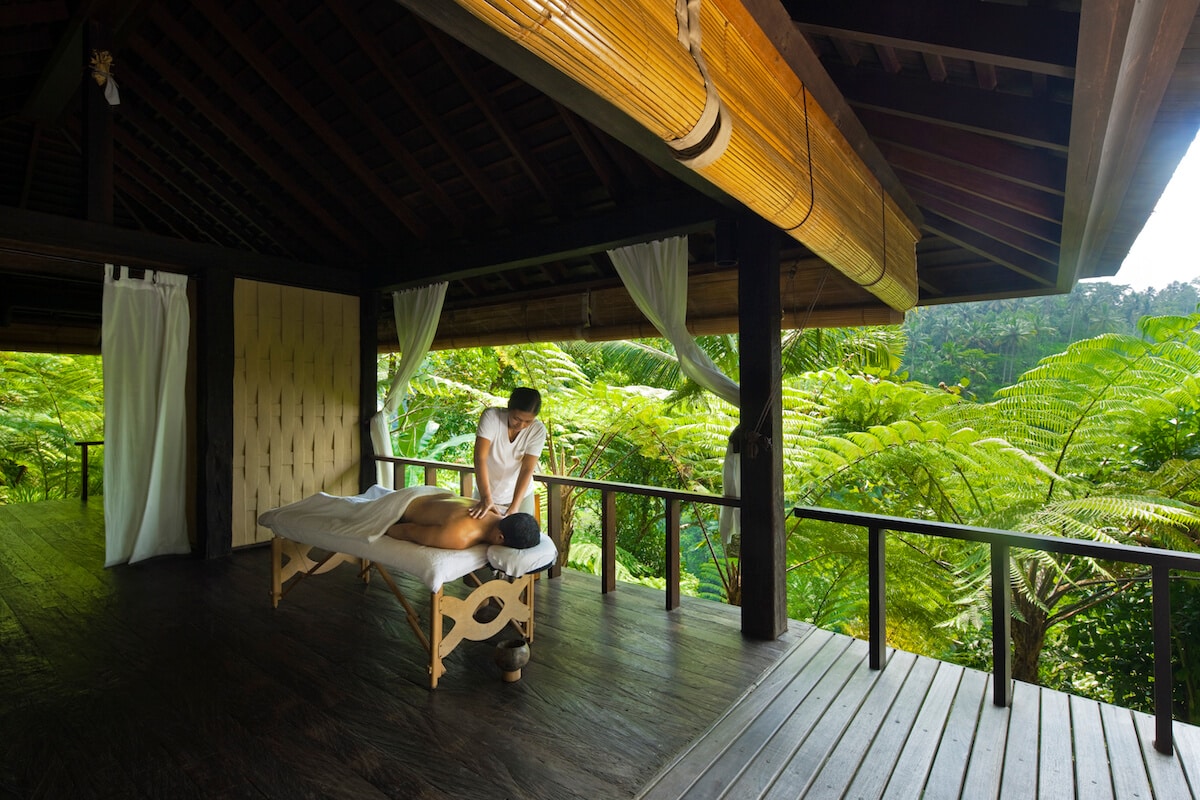Ayurvedic medicine has become one of the wellness buzzwords of the last decade, and retreats left, right and centre are incorporating this ancient Indian alternative medicine practice into their programmes. So what is Ayurveda, and how is it used in wellness? Compare Retreats sits down with Dr Prasanth, COMO Shambhala Estate’s Ayurvedic consultant and a qualified practitioner of Integrative Medicine with 21 years of experience in Traditional Indian Medicine, and get some expert advice on the ancient art of Ayurveda.

For complete novices: what is Ayurveda and what does it have to do with wellness? Ayurveda is a comprehensive system of Alternative Medicine which deals with your holistic health at physical, mental and spiritual planes rather than just treating the illnesses.
See also: The Best Luxury Ayurvedic Retreats In India
What are the benefits or Ayurveda physically, mentally, and spiritually? By attuning our diet and life style to our unique constitutions, we achieve greater balance at the physical level. The Practices of Ayurvedic breathing techniques, relaxation and meditation techniques helps us achieve the balance at a mental level. For those who intend to progress further on their spiritual planes, there are a set of restricted practices mentioned in ancient Ayurveda and Yoga philosophy.

How is Ayurveda incorporated into the COMO Shambhala Estate wellness programmes? COMO Shambhala Estate offers four specific wellness programmes—Ayurveda, Cleanse, Be Active and Bespoke—so Ayurveda is one of the key elements of what we offer to our guests. We have a fully fledged facility with state of the art Ayurveda treatments, oils, medicines, Ayurvedic cuisine and Yoga.
Find retreats now at COMO Shambhala Estate
How are Ayurvedic principles used in the design or the resort, spa, dining room, or other areas? The concepts of five great elements and Three Doshas are incorporated right from the design of our guest accommodations to our diet philosophy. The theme of various accommodations is in line with five great elements such as fire, water, air, earth and ether.
See also: COMO Shambhala Estate’s Ayurveda Retreat Takes Personalisation To The Next Level
A lot of Ayurvedic theories stem around food and digestion. What are your golden rules for eating and nutrition? Ayurveda has its unique approach based on the body-mind constitution (Prakruthy) of each individual. Hence, it becomes important to analyse the constitution to suggest the rules of eating and nutrition for each person. However, some general principles about eating in the Ayurvedic way include the following golden rules:
- Avoid water with your meals
- Avoid consuming foods or beverages that are refrigerated or frozen
- Leave a gap of three hours (minimum) between your dinner and sleep
- Stop eating when a little bit of hunger is still left in you

What does balance mean in Ayurveda? Ayurveda philosophy says every living being is made of three elements (Doshas) that are Vata, Pitta and Kapha. If the three elements and their features are exactly in equal proportion, this leads to perfect health at physical and mental levels—such a condition is called Sama Dosha or perfect elements balance. This is the supreme health concept in Ayurveda and can be set as the individual health destination for every being.
What role does yoga have in Ayurvedic practices? Yoga and Ayurveda are considered to be sister sciences due to the common concepts of philosophy and practices shared between them. The concepts of Prana, Gunas, Purusha Prakrithy are a few similarities between these two ancient health sciences. Knowing your Ayurvedic Dosha type enables you to choose the most appropriate Yoga practices for you. This method of selecting a Yoga practice, based on Ayurvedic principles, is called “ Ayur Yoga”. This is the reason we have private Yoga sessions included in our Ayurveda wellness programme.
See also: 7 Luxury Meditation Retreats In Asia To Help You Destress & Refocus
When and why did you start using Ayurveda? What was your training, and how long have you been practising it? I was fascinated by the immense innate healing power of nature from childhood, which led me deeper into the concepts of Ayurveda and Yoga. I joined the course BNYS (Bachelor of Naturopathy and Yogic Sciences) in Mangalore University in 1992, and I completed this five-year graduate course in Alternative Medicine in 1997. For the last 21 years, I have been practising and propagating this ancient healing science in India as well as overseas.

Ayurveda has a history going back 5,000 years: what place does it have in the 21st century? The ancient wisdom of Ayurveda holds more significance now than ever, with so much stress and chaos from modern life, and the illnesses born out of them. As the ancient saying goes: “If you are relaxed, meditate once a day; but if you are busy and stressed, do it twice.” In the global growth of the concept of holistic medicine, Ayurveda plays a significant role. Now we see many of the well-known Western medicine centres incorporating Ayurvedic treatments to enhance the healing process by combining Ayurvedic principles with modern medicine. In the present wellness industry trends, Ayurveda has emerged as a giant along with TCM over the past decade.
What is the most important thing to know about Ayurveda? The most unique aspect of Ayurveda is the theory of three Doshas and how they influence one’s life.
What’s the biggest change or improvement you’ve seen in your life in your own experience of Ayurveda? Ayurveda has taught me to look at myself and others in a non-judgmental manner. Knowing more about the Doshas often gives me a deeper insight about others and helps me to take their reactions just as a play of their Doshas. This also helps me to work better towards efficiently addressing their health issues. The same applies in my day-to-day life.

How can Ayurvedic principles be incorporated into your everyday life? Once you are aware of how balanced or imbalanced your Doshas are, it is quite important that you take up a regimen that suits you the most. Since this varies widely according to your Doshas, there’s no one-size-fits-all plan. An Ayurvedic consultation always helps to alter your diet, activities, and life pattern in line with your body-mind constitution.
What is the biggest misconception about Ayurveda? People often think that it is a slow acting system and cannot be followed in fast-paced 21st-century life. This is absolutely not true and is proven otherwise by many followers of Ayurveda who lead a supersonic life.
Which products, brands, communities or resources would you recommend for anyone looking to learn more about Ayurveda? One may start learning of Ayurveda through books authored by Dr David Frawley and Dr Vasant Lad. At a later stage, one can gradually be introduced to product knowledge of Ayurveda, as there are quite a few reputed brands.



